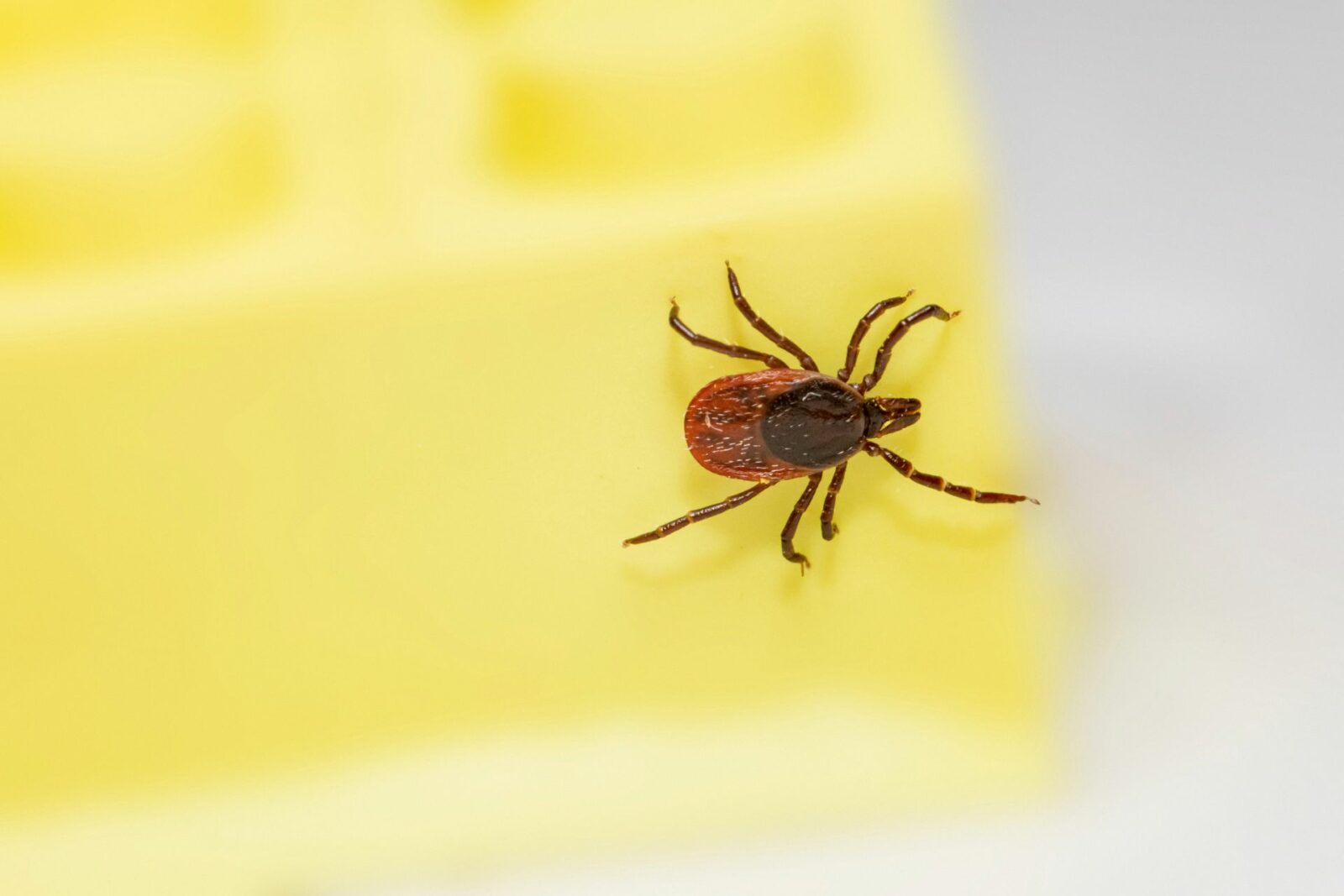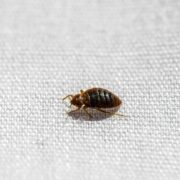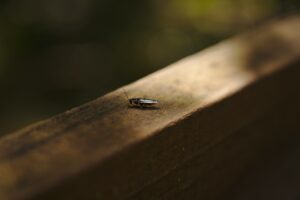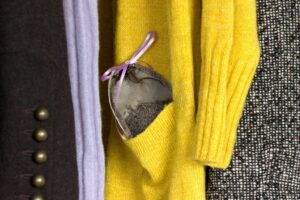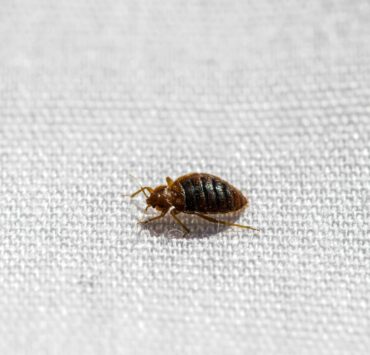If you find yourself walking through grass and forested areas, you’d do well to do a thorough tick check of yourself to see if you caught any ticks while outdoors. Ticks are small parasites that commonly ‘hitch a ride’ on you. Due to their very small size, they often go by undetected as you unwittingly bring them into your home. As parasites, they can transmit a range of diseases such as Lyme disease. If you find that you have ticks in your home, read up on our comprehensive guide on how to get rid of ticks in your house.
Find The Source Of Infestation
Finding the source of where exactly your tick infestation is coming from is step 1 on how to get rid of them. Consider yourself, pets, clothes, carpets as well as cracks and gaps in your home as a means for ticks to enter. Where members of your household and pets are concerned, keep an eye out for scratching and bites.
Once you’ve pinpointed the source or sources of ticks, act immediately. Bathe your pets, seal cracks and gaps and wash fabrics in hot water. If ticks are found on you or your loved ones, remove them immediately and seek medical attention if you notice any allergic reaction or swelling in the bite areas.
By finding out where exactly the ticks are coming from, you can focus your tick removal efforts in the most efficient and effective way to get rid of them permanently.
Vacuum Frequently
Regular vacuuming is a must when dealing with a tick infestation. Ticks can hide in carpets, rugs, and other soft furnishings, so make sure to vacuum these areas thoroughly. Be sure to dispose of the vacuum bag or empty the canister outside your home to prevent ticks from escaping back into your living space.
Wash Fabrics in Hot Water
Washing fabrics in hot water can effectively kill ticks that may be hiding in your clothing, bedding, and other fabrics. Ticks can easily attach themselves to clothing and other fabrics when you spend time outdoors, so washing these items in hot water and drying them on high heat can help eliminate any ticks present.
Be thorough and check items like curtains, pet bedding, and furniture covers as well. You’d be surprised to find that ticks can hide in these areas too. Washing clothes and other infested fabrics in hot water is a simple yet effective way to get ticks in your house under control.
Keep Tick Repellants Handy
Tick repellants are one of your best options to prevent ticks from entering your home altogether. Fortunately, there are many formulas available to suit various needs and preferences. Natural tick repellants such as neem, cedar or peppermint oil for instance are safe options for pets and children
Chemical tick repellents like DEET or permethrin can also be effective but should be used with caution and according to instructions. Always use the appropriate repellent for your needs and follow the manufacturer’s instructions carefully. Using tick repellents can help reduce the risk of tick bites and prevent ticks from entering your home, making it an essential part of any tick control strategy.
Seal Cracks and Gaps
Ticks can enter your home through cracks and gaps in your home’s exterior.so it’s important to seal these areas to prevent them from entering your living space. Cracks and gaps can occur around windows, doors, vents, and other openings, so inspect your home’s exterior regularly and seal any gaps or holes with caulk or weatherstripping. You can also use screening to cover vents and other openings to keep ticks out. Sealing these areas not only helps prevent ticks from entering your home but also helps reduce energy costs by preventing drafts and heat loss. Sealing cracks and gaps is a simple win-win effort to keep your home tick-free and comfortable.
Call a Professional
For those who have the bad luck of dealing with a severe tick infestation, your best move would be to enlist a professional tick removal service. A professional can do a thorough check of less-obvious tick sources in your home that you may have missed. They also have the tools and equipment to effectively get rid of the ticks in your home as quickly and efficiently as possible. Here are other reasons why calling a professional is in your best interest:
You Have A Severe Tick Infestation
If you have a large or severe tick infestation, amateur DIY efforts may not be enough to completely get rid of them. A professional on the other hand has c specialized tools and techniques at their disposal to effectively eliminate ticks.
You Avoid Health Risks
As mentioned earlier, ticks are parasites and can transmit a range of diseases like Lyme disease. Enlisting a professional tick removal service is ideal if you or someone in your home has a weakened immune system. The less chance of you or a loved one contracting a disease, the better.
Expertise and Experience
Professional pest control technicians have the expertise and experience to identify the source of the infestation and provide effective treatments. They can also provide advice on how to prevent future tick infestations.
If you do opt to call a professional, make sure you hire one that knows how to get rid of ticks specifically. For the safety of your pets and other family members, inquire about what their pest control methods are. Doing so will let you know what safety measures need to be put in place as the ticks are being removed.
Preventing Future Infestations
You don’t need to avoid the outdoors to prevent future tick infestations. A few maintenance and post-outdoor habits are good enough preventative measures to keep ticks outside of your home.
- Keep your garden or backyard clean and well maintained. Ticks thrive in long grass, so regular mowing is in order to deter ticks from habitating your yard.
- Groom your pets regularly and apply a tick repellent on them. This especially goes for pets that transition from indoor and outdoor throughout the day.
- Make it a habit to do a tick check after coming from outdoor areas where ticks are present. If you do find one of you or your family member, tweeze them out from the root.
- Inspect your home’s exterior regularly and seal any cracks or gaps that could allow ticks to enter.
In conclusion, ticks can be a problem for homeowners, but there are several ways to get rid of ticks in your house. Identify the source of the infestation, vacuum regularly, wash fabrics in hot water, use tick repellents, seal cracks and gaps, or call a professional if needed. With the right approach, you can keep your home tick-free and your family and pets safe from tick-borne illnesses.
